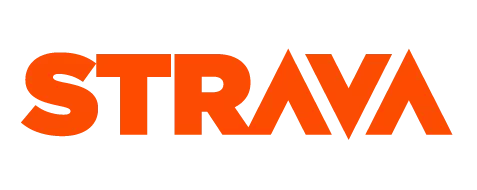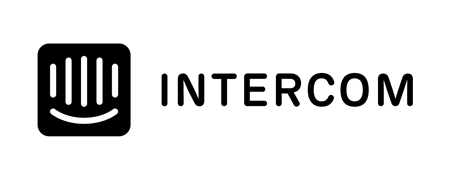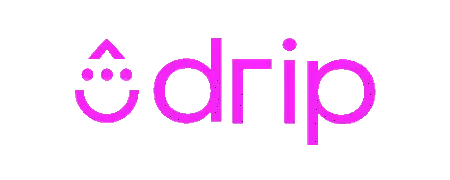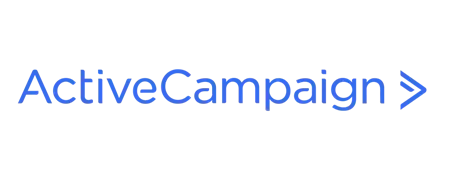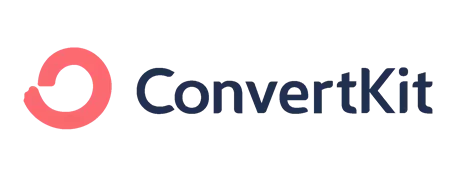"Generic" training plans, "cookie cutter" plans, "template" training plans, call them whatever you like I hear a lot from our coaches at Training Tilt that they are reluctant to offer these types of plans as part of their business.
Coaches are concerned about the quality of the plans compared to individualized coaching.
Let's just get a few things out of the way, in my opinion, all coaching businesses should be offering some form of a training plan that is not customized specifically for an individual.
Why you should offer training plans
1. You can help more people
Only a very small portion of your audience can afford or are willing to pay for individualized coaching. Offering non-individualised plans will increase your market and your revenue. Offering training plans can help you help more people. There are many reasons why customers want a template training plan instead of an individualized coaching. Affordability, low self-confidence, and a do-it-yourself attitude just to name a few. These are good customers you can provide products to.
2. They are a gateway product
Getting to a place where a customer is ready for individualized coaching is a journey that each customer will travel. Most won't leap directly into it. They'll want to find someone they can trust and they'll want to learn about your approach before they signup. A training plan is a great way to introduce new customers to your business and to gain their trust and build their confidence. If your plans are good, then they'll lead to your customers migrating towards your premium services.
3. If you don't offer them someone else will
Because training plans are a gateway product if you don't offer them, other businesses will and they will get the lions share of the gateway customers. Your competition will be engaging more of the audience and building more trust.
4. Good products and services are about value not price
Non-individualized plans are not as "good" as individualized coaching, there is no question of that. Training plans just need to be priced appropriately, built professionally and well structured and detailed enough to be followed with minimal input.
5. The market decides what it wants and needs
This is true in all businesses, the market decides what it wants. A huge portion of the market wants non-individualized training plans, it's not up to you to decide what they want. You only get to decide whether you'll take advantage of it, or leave the money on the table.
If you are still with me, let's move on.
Let's talk specifics
Generic doesn't solve any problems
The most successful training plans actually won't be generic at all, they'll be very specific.
Typically coaches will offer generic plans like this
12 Week Advanced Ironman Training Plan
12 Week Intermediate Ironman Training Plan
12 Week Beginner Ironman Training Plan
The problem with these? They are too generic. They don't speak to anyone specifically. Sure you can see that they are sort of designed for different levels of ability but it's too broad. Your plans need to "talk" to individuals. What I mean by that is when someone sees your plan they need to say "oh look, that plan is perfect for me because X". X should be a problem that the plan is solving for the customer.
There is a saying in marketing "if you cater to everyone, you reach no one".
Finding a niche
Let's switch this around. Good marketing starts with the design of the products and services themselves, not just sales.
Before you design your training plans you should first find a "niche" group of customers. You might end up targeting more than one niche but it's best to start small and focus on one at a time. You can do that by thinking about the problems or "pain" points of individual customers. And then you set about creating training plans.
Here is an example of a specific group of people for your niche.
Busy professional parents between the age of 30 and 45 who work long hours, have children and are wanting to challenge themselves by completing an Ironman triathlon. They are reluctant to get started on the journey because they perceive that Ironman would take more time and effort than they would be able to commit.
Most coaches will say that they actually cater for all groups of people and will have messages like "We cater for all levels of ability from beginner to age group winners". That may be true, but if you "cater to everyone, then you'll reach no-one". That message doesn't "speak" to anyone directly and is not specific enough to "reach" out to people.
Define the problems you are solving (the "pain" points)
Now you need to identify what problems your group of people have and what their pain points are. Here are some examples.
1. They perceive they don't have time to train for an Ironman
2. Their family and/or business is the most important thing and they don't want to compromise that.
Determine how you can solve these problems
Figure out for yourself how will you solve these problems using your skills, experience, and knowledge.
1. They perceive they don't have time to train for an Ironman
As an experienced coach, you know how to customize a training plan for the time poor athlete. You have coached many athletes to successful results by designing time efficient programs and optimizing them to include everything you need but nothing you don't.
2. Their family and/or business is the most important thing and they don't want to compromise that.
You know how to build training sessions into the busy lives of your clients. You have the skills to integrate flexibility into a training plan and can include guidance into the notes of the plan itself around which sessions can be moved and how. You have many ideas about how to include family into a weekly training schedule.de in the notes.
Go about creating the products
Now you can go about creating the training plan(s) specifically for your chosen niche. Along with the plan itself include guidance and advice regarding how to solve the problems or pain points. Add as much value as you can to the plan outside of the scheduled sessions. Create an FAQ section and an "If this then that" section to address common problems that may arise. e.g "If you miss a session due to work commitments" then "Don't panic, <insert your own advice here>".
Create the messaging for your marketing campaigns
Now it's time to create the messaging for the products. By messaging, I mean the copy, the images and anything else you will use to advertise your products.
It's important to focus this messaging on the "problems" or "pain" we've been talking about and emphasizing how your products solve those problems and alleviate the pain.
Now it's time to start selling.
Conclusion
I hope at the very least you have started to think more critically about template training plans and how they could, in fact, offer a lot more value to your business. Training Plans can grow revenue directly but also indirectly by attracting more new customers for your individualized coaching services.
Training plans are a good product, it's a "generic" training plan that is a problem. Make sure you design your plans so they solve a specific set of problems for a specific group of people. Once you get the formula right you can move on to a different group of customers and solve a new set of problems until you have a full suite of high quality, good value training plans.
At Training Tilt we have a full suite of e-commerce and training plan tools so you can build plans and publish them to your own online store. You don't need our software to sell your training plans online but it definitely makes it easier. You can signup for a FREE 21-day trial here.
For a more detailed guide on how to find your niche and design the messaging around your products and services so you can "reach" the right people and make more sales sign up to our FREE marketing course for coaches below.
Take our Free "Authentic" Marketing Course for Coaches
Designed for endurance sport coaches. Marketing doesn't need to be pushy. The best marketing simply creates a win-win relationship between you and your customers. Take the simple 6 part course to learn more.









